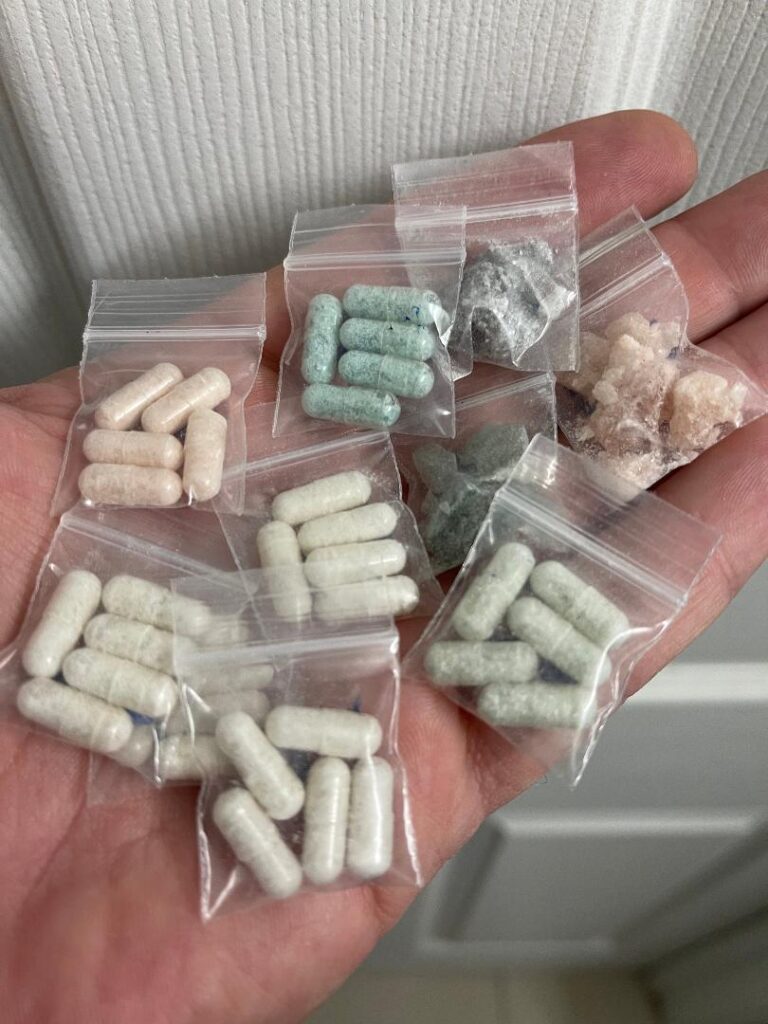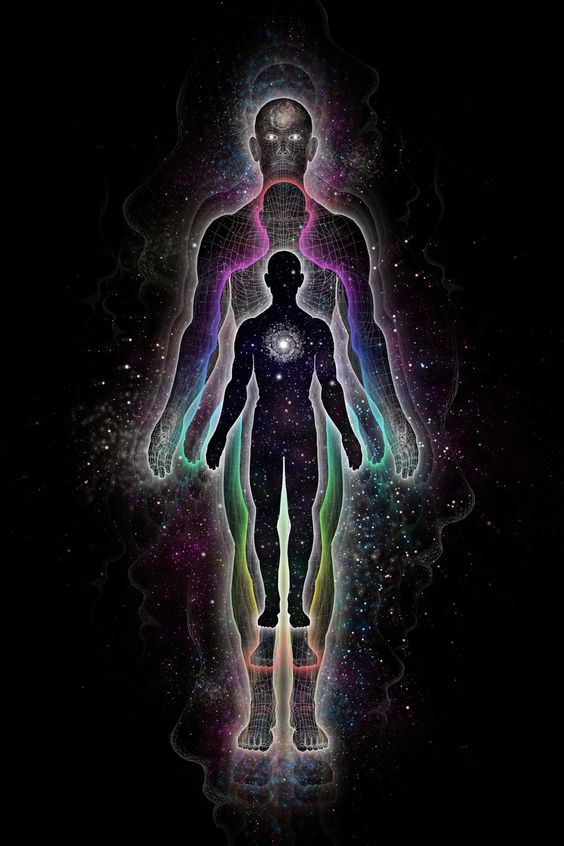
The ways that MDMA impacts brain function are numerous, we do understand that MDMA impacts the release of messenger chemicals in the brain called neurotransmitters. You’ve probably heard of neurotransmitters such as serotonin, for example, and MDMA produces much of its effects due to the way it impacts serotonin levels in the brain.
MDMA also impacts the neurotransmitters dopamine and norepinephrine. These neurotransmitters work together to impact a wide variety of our bodily functions:
- Serotonin: Helps regulate mood and emotions. It is also helps regulate sleep, pain perception and appetite, among others
- Dopamine: Involved in many central nervous system functions, in addition to being involved in the regulation of mood and the reward center of our brains. It also plays a role in memory and in our ability to focus and learn
- Norepinephrine: This neurotransmitter is important to the fight-or-flight response. It also helps regulate mood, anxiety, sleep, energy, and focus.

With the changes in the trio of neurotransmitters, MDMA produces the euphoric and altered state of consciousness.
“These effects are possible because when a person takes MDMA, serotonin, dopamine, and norepinephrine are all heightened in the brain,”
MDMA is able to both increase levels of these chemicals and delay their reuptake, thereby producing much higher levels than would normally be present in the brain. While there has been speculation as to whether MDMA’s ability to increase levels of “the love hormone” oxytocin is part of why it can produce the potent prosocial effects mentioned earlier.

MDMA produces “prosocial” effects. This leads to people feeling much friendlier, and more empathetic or connected to others around them. It creates a sense of euphoria and well-being that heightens a person’s response to positive stimuli while decreasing a person’s response to negative stimuli. Due to these properties, many refer to MDMA as an “entactogen” or an “empathogen.”
MDMA also produces stimulating effects, such as increasing energy and curbing fatigue, while enhancing tactile experiences like touching, for example.
By reducing activation in brain regions implicated in the expression of fear- and anxiety-related behaviors, namely the amygdala and insula, and increasing connectivity between the amygdala and hippocampus, MDMA may allow for reprocessing of traumatic memories and emotional engagement with therapeutic processes. Based on the pharmacology of MDMA and the available translational literature of memory reconsolidation, fear learning, and PTSD.






